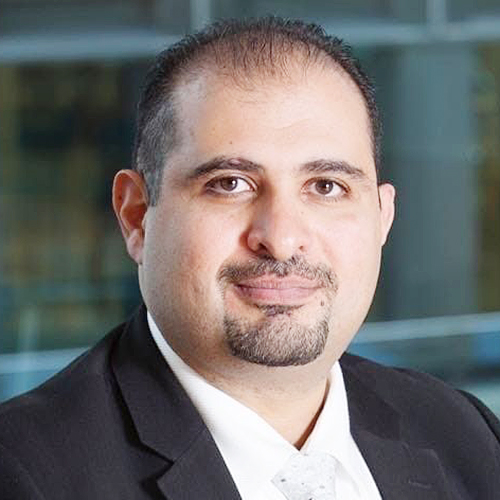A growing number of people in Hong Kong and Singapore are realizing the importance of seeking professional financial advice to manage their investments. A new survey by St. James’s Place Wealth Management Asia (SJP) reveals that more than half of the respondents in the two cities believe they could have achieved better investment outcomes in the past five years if they had engaged a financial adviser.
This marks a shift in sentiment amid rising interest in retail investing and the emergence of new investment trends such as robo-advisory services and digital brokerages, SJP says. The "Retirement and Wealth Planning Survey", commissioned by SJP and undertaken by Sandpiper Communications, involved 2,064 interviews conducted online in February and March in Hong Kong and Singapore.
While family remains an important source of financial advice, the survey finds a growing appetite for trusted advice amid increasing market volatility and continued improvement in industry standards. Four in five (84%) Hongkongers and (81%) Singaporeans say now give priority to seeking financial advice before making any major financial decisions. Also, 62% of Hongkongers and 70% of Singaporeans would consider engaging a financial adviser to manage investments on their behalf.
Nearly half (49%) of Hong Kong respondents rank financial advisers among their top three sources of financial guidance, ahead of family (46%), bankers (44%) and friends (39%). The least sought-after sources were colleagues (24%), media (23%), and investment seminars (9%).
Singapore respondents also rank financial advisers among their top three sources of financial advice, ahead of websites and blogs (49%), bankers (40%) and family (38%). The least sought-after sources of advice are financial advice books (25%), investment seminars (16%) and media (14%).
Wealthier individuals in Hong Kong and Singapore have different sources of advice. The top source of financial advice for Singaporeans with an annual household income of more than S$200,000 (US$146,000) is financial advisers (28%), followed by family (17%) and bankers (14%). On the other hand, Hongkongers with an annual household income of more than HK$1,000,000 (US$129,000) still prioritize familial sources, with the top source being family (26%) followed by bankers (19%) and financial advisers (17%).
“As volatility has beset all traditional asset classes, retail investors are turning to trusted advisers to help manage their money,” Matthew Deeprose, head of business at SJP Hong Kong, says in a statement. “The wealth management industry has a responsibility to deliver objective, rational and non-emotional advice that can help steer investors on a path to long-term success while accounting for today’s shifting sands and perceived threats.”
The top areas where Hongkongers and Singaporeans feel they need more financial advice are similar. These are mainly in investments (86% and 87% respectively), property and mortgages (74% and 80%) and retirement planning (73 and 78%). Of those who did receive financial advice, an overwhelming 99% of Hongkongers and 98% of Singaporeans found it to be useful. They also say the advice they received was tailored to their needs (94% of Hongkongers and 86% of Singaporeans).
Trustworthiness
Honesty is the most important trait to consider when choosing a professional financial adviser for 59% of Hongkongers and 63% of Singaporeans. For those who have not engaged a financial adviser, the main reasons include perceptions that fees are too expensive (61% in Hong Kong and 57% in Singapore), that respondents can manage their own investments (49% and 51% respectively), and that they don’t trust someone else to manage their money (41% for both).
“Today, trustworthiness and professionalism of advice have taken on greater importance with increased standards and scrutiny over how we operate. This is something that those in financial services welcome and an area where we must continuously evolve to better support clients and advisers. We see more people willing to pay for advice, provided it is grounded in expertise and tailored to their personal interests,” SJP Singapore CEO Gary Harvey says.
An overwhelming number of respondents in both cities (91% in Hong Kong and 94% in Singapore) give importance to face-to-face financial advice. Over half (52% and 53% respectively) prefer to engage with a financial adviser while around a third (34% and 32%) consult with their banker first. Only 11% of Hongkongers and 12% of Singaporeans say that robo-advisory platforms are their preferred mode of advice.
Says Deeprose in Hong Kong: “Investing your hard-earned savings and allowing others to manage your wealth responsibly can be a very emotional decision, particularly in today’s volatile markets. A key finding from the survey is the importance of building trust, which goes some way to explaining why robo-advisory platforms are unlikely to ever supplant face-to-face relationships. While technological advancements can play a great role in facilitating the client experience, they should not replace trusted and clearly valued face-to-face advice.”









